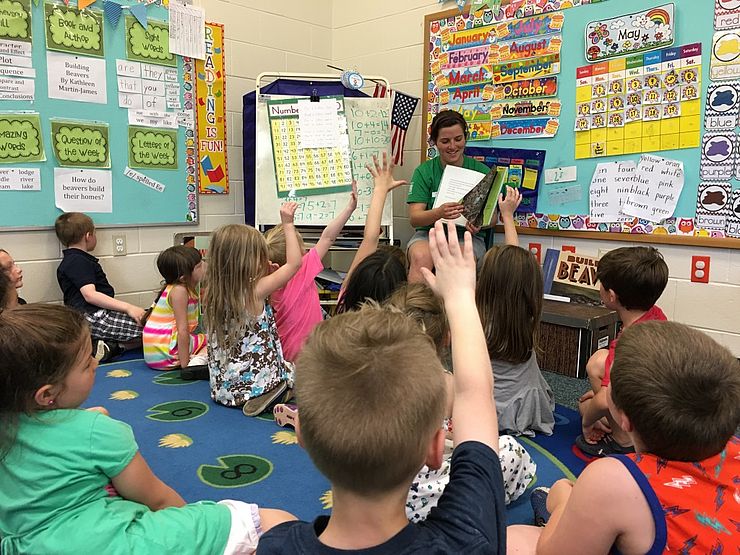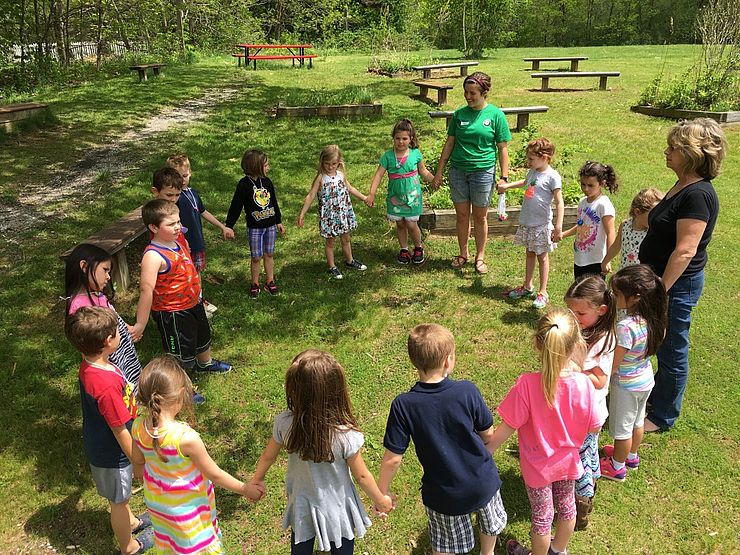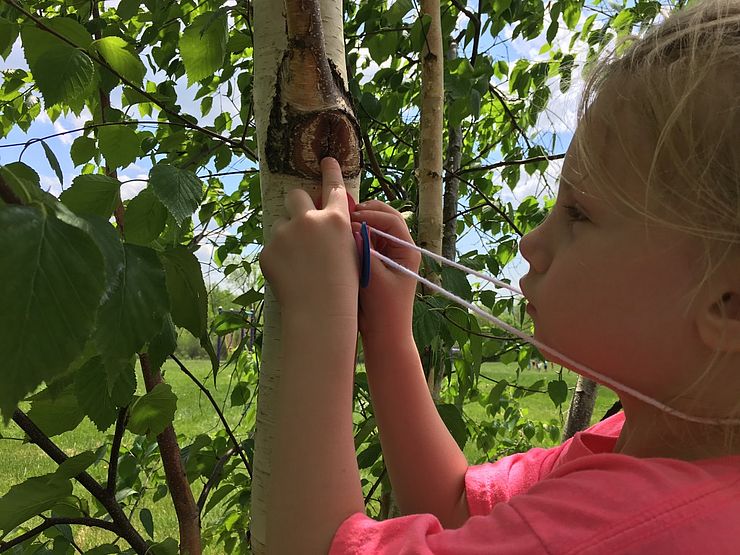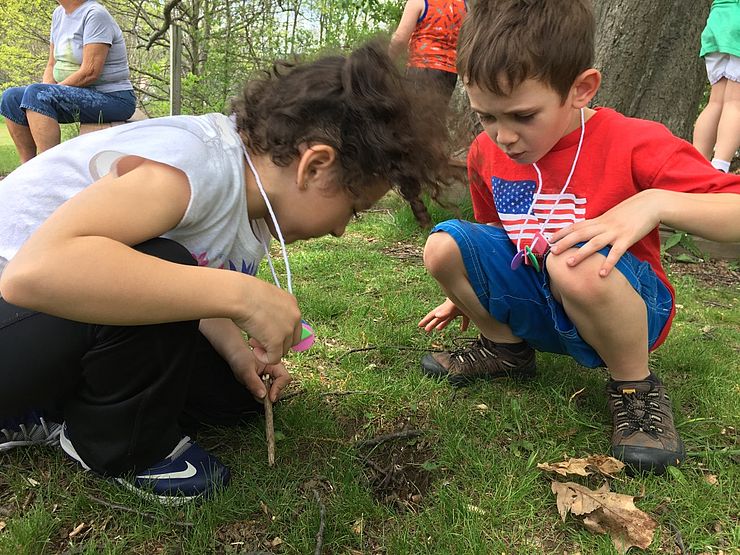Cured by Landkeeping
Taking kids hiking isn’t enough. They need us to be landkeepers.
Kindle their love for forests, hills and streams by saving the Berkshires’ special places
We have heard so much about how kids never play outdoors anymore that it’s easy to make assumptions. Kids are addicted to screens … they’re soft and lazy … their parents are frightened and over-protective!
The big, simple takeaway: We are raising generations of depressed, behaviorally-challenged children suffering from nature-deficit disorder, as per the formulation of Richard Louv’s seminal book, “Last Child in the Woods.”
And from this assumption, it’s easy to leap to the self-satisfied sense of ourselves as saintly healers when we take even the smallest step to expose a kid to nature.
Let’s make one thing clear before going any further: I’m talking about myself.

Kids get it right …
A couple of weeks ago, I accompanied BNRC’s Americorps Service Member, Mariah Auman, to a classroom visit at Capeless Elementary School in Pittsfield. I wanted to see what Mariah was up to. Plus, I hoped to gather touching stories of nature’s wonders revealed to awestruck kids by the brilliant work of BNRC’s supporters and staff.
I’m a dope. A clichéd dope, at that.
Mariah started by reading the kindergarteners a book by Lindsay Barrett George called “Around the Pond: Who’s Been Here?” Two kids walk a pond’s shore, finding clues by the water’s edge trying to guess, along with the reader, what kind of creature had left its traces.
Here’s a “shallow crater on the sandy bottom.” Who’s been here?
I fumbled while half the kids yelled out the answer: A sunfish!
I guessed correctly that a beaver had left the sticks, but the broken shells on the muddy bank confused me.
“A bird,” I guessed silently. Most of the kids waved their hands frantically, and two or three finally blurted out the right answer: A turtle!

… but many kids don’t enjoy a built-in advantage
Now, maybe these 6-year-olds had an edge on pond life because their neighborhood borders the city’s two major lakes, Onota and Pontoosuc. Maybe their smarts were due in part to the fact that even in the Berkshires’ biggest city, a kid can’t help but be exposed to nature.
But whatever else was happening in their lives, these kids clearly were hiking, fishing, camping and chasing butterflies, and enjoying it.
I’m not saying nature-deficit disorder isn’t a thing. Nor am I denying that there are millions of kids in our big and multitudinous country who don’t get their prescribed daily dose of the outdoors. It can’t hurt to take a kid out on a trail so they’ll hear a bird sing, or follow a set of tracks in the snow, or spot a turtle sunning on a log.

Donors make it possible to save the most special places
But that may be the easy part. Are the places those Capeless School kids find broken turtle shells still going to be open for discovery in a generation? Will there be wildness in the Bear’s Ears of Utah, or will there be oil and gas drilling?
These are the questions that BNRC supporters, and people like them across the nation, answer with passion every year. If you’re one of them, thank you!
Because you know that we can’t stop at simply taking people out into nature … and nor can we just lock up and fence off wild and natural places. We must do both things at once: Save our most amazing places from exploitation, and open them up to the lives of people. That’s what we mean by landkeeping.

You hold the cure for nature-deficit disorder
Because the cure for nature-deficit disorder doesn’t rely simply on the best intentions of do-gooders. The cure relies on nature itself, whether it takes the form of a city park or the windswept heights of the Hoosac Range.
Animals, fish and birds need these spaces. So do we.
If we succumb to our worst commercial appetites and give up our fight for the healthy balance of people and nature, an explorer in some future epoch may ask, “who’s been here?”
And the kids of the day will have the answer―“someone who didn’t care about us.”
— Tad Ames, President
